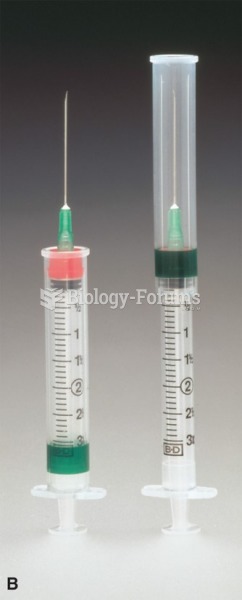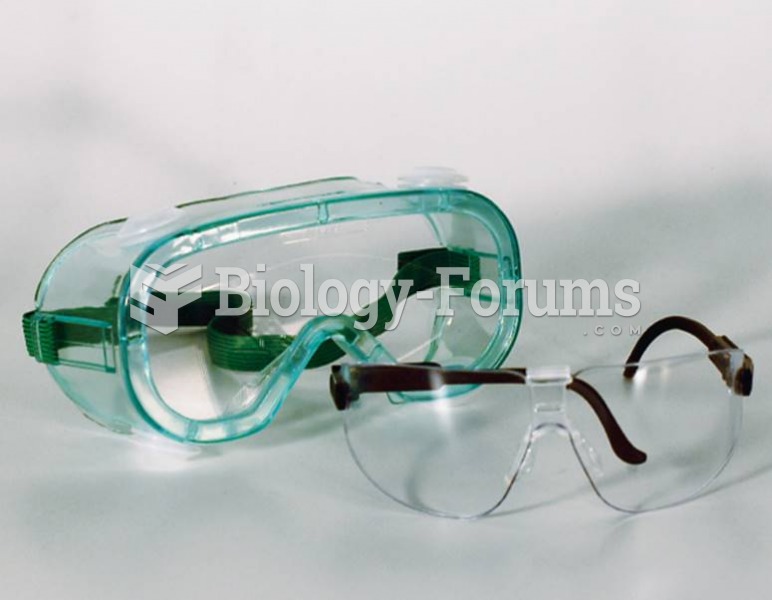|
|
|
The use of salicylates dates back 2,500 years to Hippocrates's recommendation of willow bark (from which a salicylate is derived) as an aid to the pains of childbirth. However, overdosage of salicylates can harm body fluids, electrolytes, the CNS, the GI tract, the ears, the lungs, the blood, the liver, and the kidneys and cause coma or death.
More than 150,000 Americans killed by cardiovascular disease are younger than the age of 65 years.
The first oncogene was discovered in 1970 and was termed SRC (pronounced "SARK").
More than 50% of American adults have oral herpes, which is commonly known as "cold sores" or "fever blisters." The herpes virus can be active on the skin surface without showing any signs or causing any symptoms.
Increased intake of vitamin D has been shown to reduce fractures up to 25% in older people.







